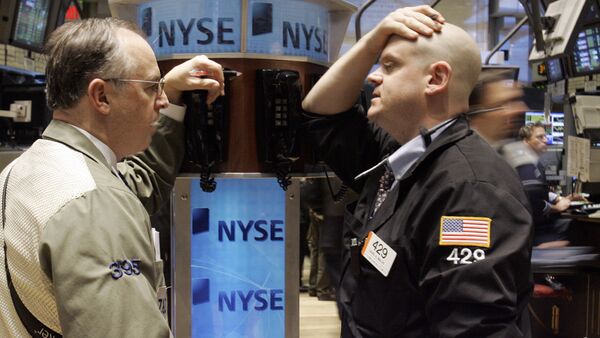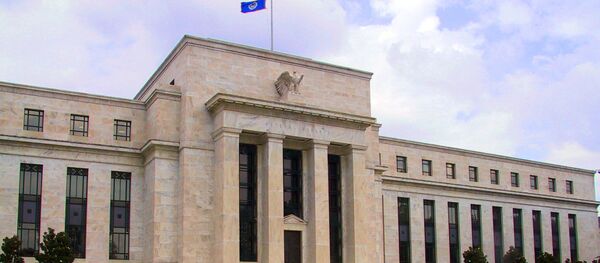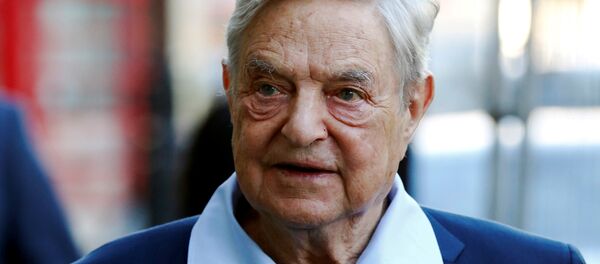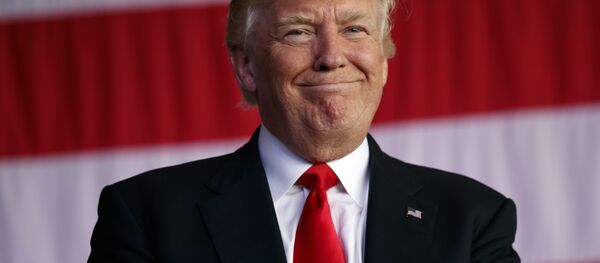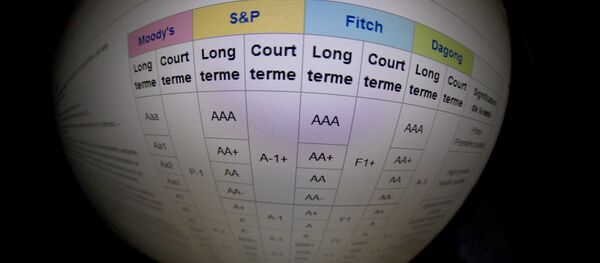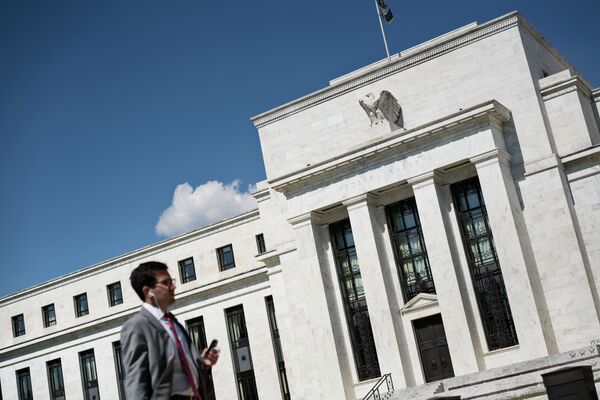Passing the House on Thursday in a vote split 233-186 along party lines, the Republican bill, known as the Financial Choice Act, is poised to undo significant elements of the Dodd-Frank Act, which was passed in 2010 following the 2007-2008 financial crisis. The bill will now move on to the Senate, where some Democratic support will be necessary for it to pass and make it onto the president's desk for signature (the bill will require 60 votes, while there are only 52 Republicans in the 100 member Senate).
Speaking to Radio Sputnik, Anne Lee, American author and commentator on global economics and financial issues, said that Dodd-Frank and the Financial Choice Act both have upsides and downsides, but added that the US economy's problems stem much deeper than either of them is capable of tackling.
As far as the Financial Choice Act is concerned, Lee noted that "for consumers, what they may immediately see would be likely higher banking-financing fees. They may also see financial products being offered to them from more banks. It will probably be easier to get loans again, like [it was] right before the 2008 crisis."
"We're most likely going to see the stock market soar even higher than it is today. I think this is all in anticipation of this act being passed," she added.
As for the bill's timing and the likely interests that it serves, Lee admitted that "it mostly serves the interests of the big banks. But it does serve [the interests of] all financial services firms in general. It's coming now because you've got Gary Cohn, the former president of Goldman Sachs, who is now the chief economic adviser to Trump, and he's head of the National Economic Council (NEC); I'm sure this whole effort is going to end up benefitting folks at Goldman Sachs and other large banks."
Lee noted that in many ways, Dodd-Frank's practical effect was to limit competition to the big banks. In that sense, the Financial Choice Act could theoretically help to level the playing field.
"Dodd-Frank really was meant, like many regulations, as a way for big players to limit competition from smaller players, and prevent disruptive smaller upstarts from taking away their business. When you have a big piece of legislation like this, which requires all kinds of disclosures and having meet long checklists of things to do, small players often are driven out of business, because they can't afford the high cost of legal compliance; they don't have the money to install all the IT systems to meet the [specified] requirements, while the big banks do have the money to follow all these rules, so they end up being the net beneficiaries, driving out all the smaller players."
"Yes, Dodd-Frank had these mechanisms that said that big banks shouldn't be allowed to engage in proprietary trading, but in practice, a lot of these banks moved those trading arms into other entities, and so they were operating at arm's length." This allowed them to engage "in the same type of activity, but legally they were not in trouble because they created a separate entity…"
"In terms of whether it hurts consumers, yes there are some consumer protections that get rolled back," Lee noted. "Maybe there is less disclosure to consumers –such as [being told] the risks of certain loans, or more hidden fees. But it can also benefit consumers if they can get money from smaller banks more easily."
"I would say that the kind of economic system that the US has in place is definitely crisis-prone, because it's really designed and run by the big banks to benefit themselves. The Federal Reserve, for instance has nothing 'federal' about it. It's really a private corporation that's headed by the heads of the big banks, and they're just using it to look after their own interests; it's not designed to put the citizens of the United States or the world as a priority."
"If we have the next crisis, it's not going to look like the last one," Lee stressed. "Everyone already knows how [the 2008 crisis] played out. Everyone is just going to assume that the Federal Reserve will just bail out everyone if they were to fail, so this gives everyone in the financial services [sector] an incentive to be financially irresponsible. So what will happen in the next crisis – the situation will get so out of hand, the speculation will be so crazy, that the Federal Reserve is just not able to rescue everyone. So I think whatever crisis comes around is something that by definition is just going to be much worse."
